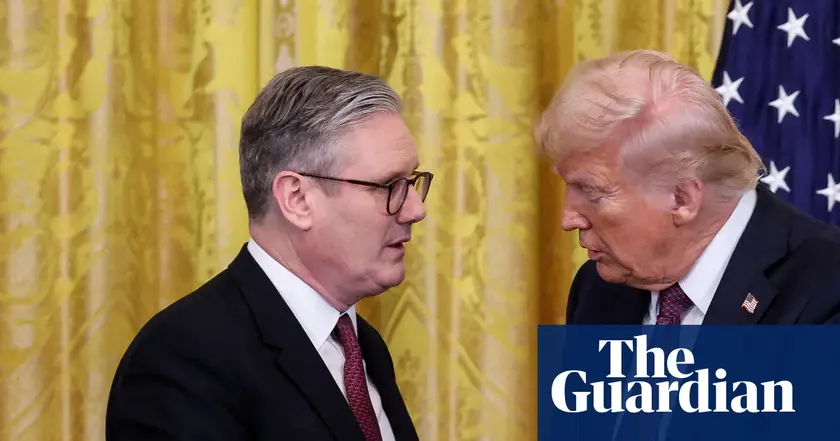T4K3.news
US stance at plastic talks sparks debate
The United States participates in Geneva talks on plastic pollution amid shifts in domestic policy.
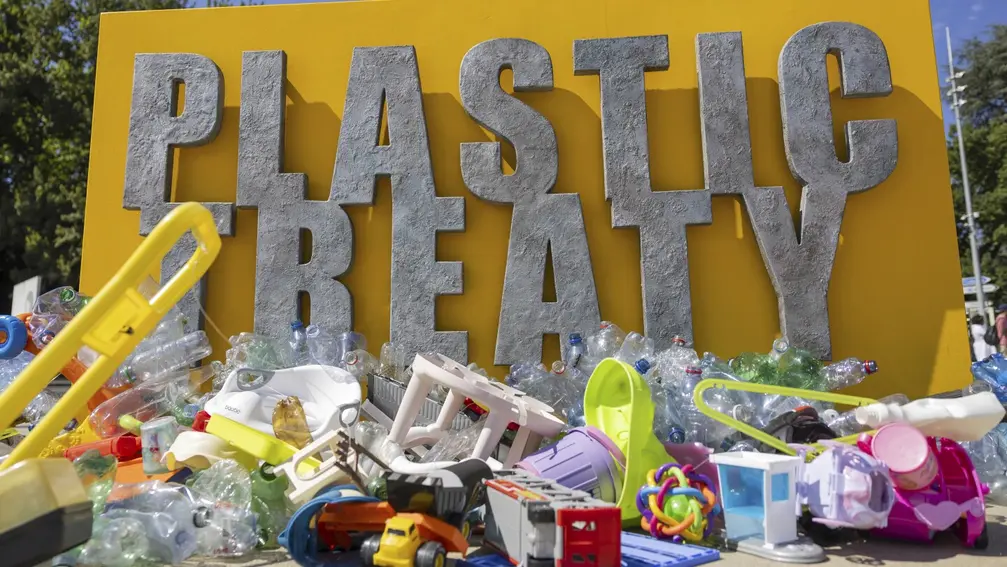
Under Trump leadership, the United States pulled back from some climate talks, yet it participates in a Geneva push to curb plastic pollution through a global treaty.
US presence at talks on plastic pollution is a rarity under Trump
Geneva hosts a ten day meeting where about 3,700 participants from 184 countries are negotiating a landmark treaty to end plastic pollution. The big question is whether the pact should cap new plastic production or focus on design, recycling and reuse.
The United States is at the table and frames its involvement as essential to protect national interests and business prosperity. Washington backs stronger waste collection, smarter product design, and broader recycling efforts, while opposing global production caps and bans on specific plastics. OECD estimates suggest 22 million tons of plastic waste could leak into the environment this year, rising to 30 million tons annually by 2040 if no changes are made.
Key Takeaways
"This is an historic opportunity to set a global approach for reducing plastic pollution through cost-effective and common-sense solutions and fostering innovation from the private sector, not unilaterally stopping the use of plastic."
State Department statement on the US approach
"The United States wants a weak agreement and is undermining the idea that the world needs strong international regulations to address a global problem."
Graham Forbes, Greenpeace delegation head in Geneva
"The production cap could have unintended consequences, such as raising the cost of plastics."
Plastics industry concerns cited in Geneva talks
"Engaging in negotiations is critical to protect U.S. interests and businesses."
State Department justification for participation
The U.S. stance highlights a broader tension in how Washington treats environmental policy in a shifting domestic political landscape. By emphasizing waste management and innovation over caps on production, the administration signals a preference for market-led solutions and private sector leadership.
This approach may win support from industry and some policymakers, but it risks alienating environmental advocates and countries seeking stronger, binding controls. The Geneva talks will reveal whether the United States can influence a global deal without endorsing broad limits on plastic output, and what that means for future climate diplomacy.
Highlights
- Global rules must drive waste reduction without strangling innovation
- A weak treaty will leave the problem to the trash heap
- Markets can fix plastic waste if policy nudges not bans
- Real progress comes from design reuse and recycling not bans
Political sensitivity over US posture at Geneva talks
The piece discusses a politically sensitive topic with potential backlash. The Trump-era stance diverges from some international expectations and could prompt reactions from environmental groups and industry players.
As talks continue, global expectations clash with domestic political realities and economic interests.
Enjoyed this? Let your friends know!
Related News

Trump acknowledges starvation crisis in Gaza

Game Genie Makes Mark on Video Game History

Debate grows on Gen Z stare
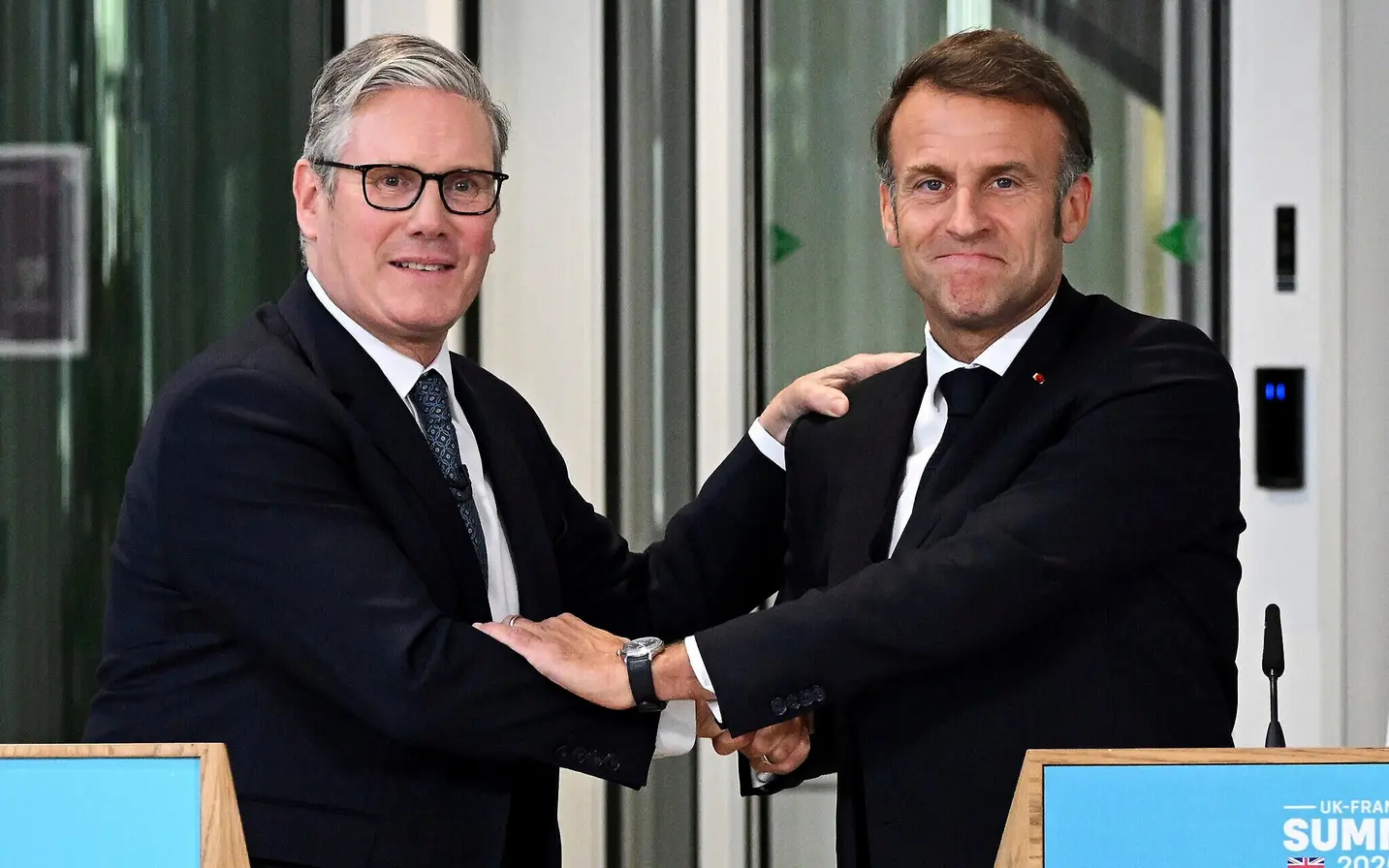
UK prioritizes strategic approach to Palestinian state recognition
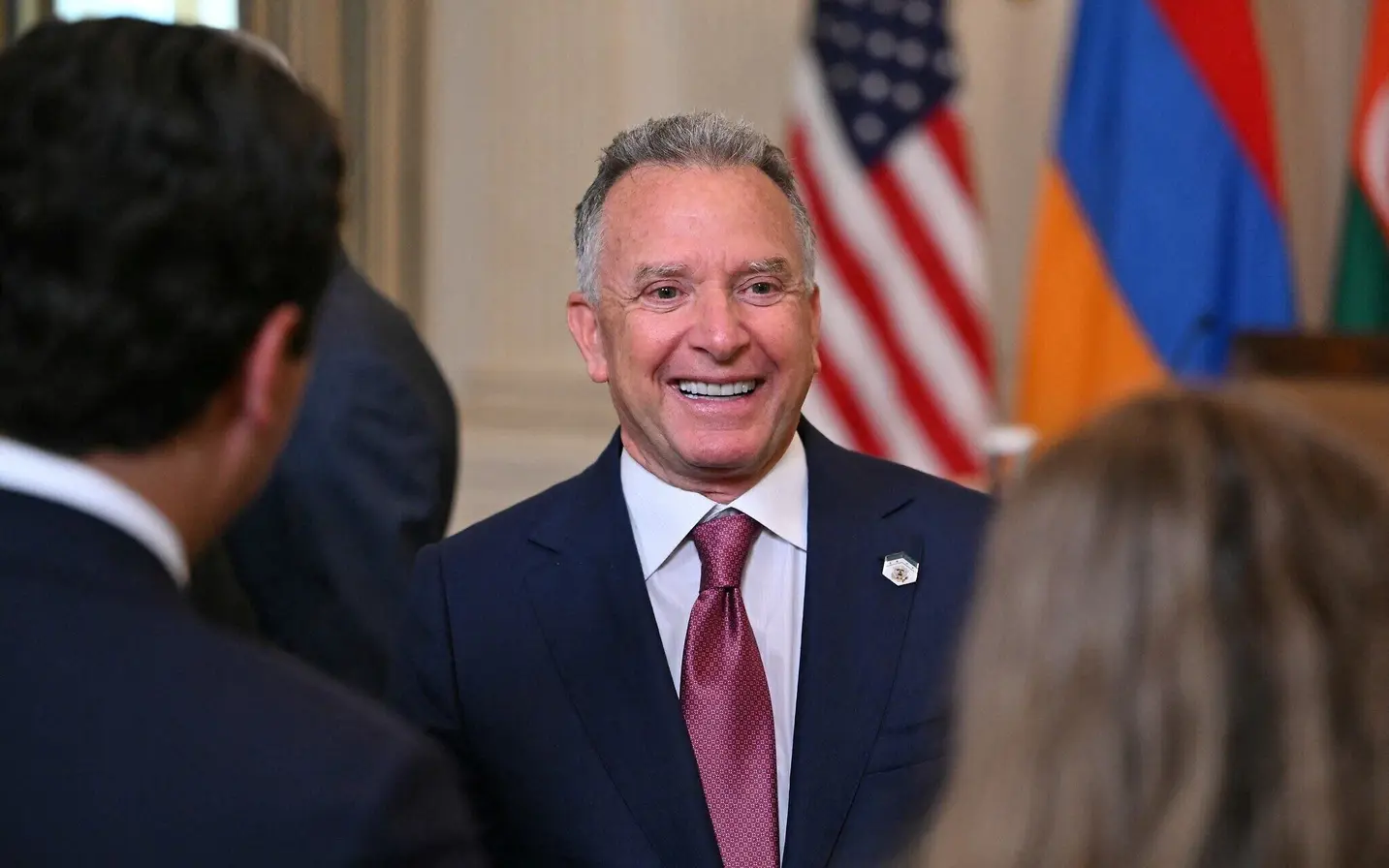
Diplomacy pressed as talks continue
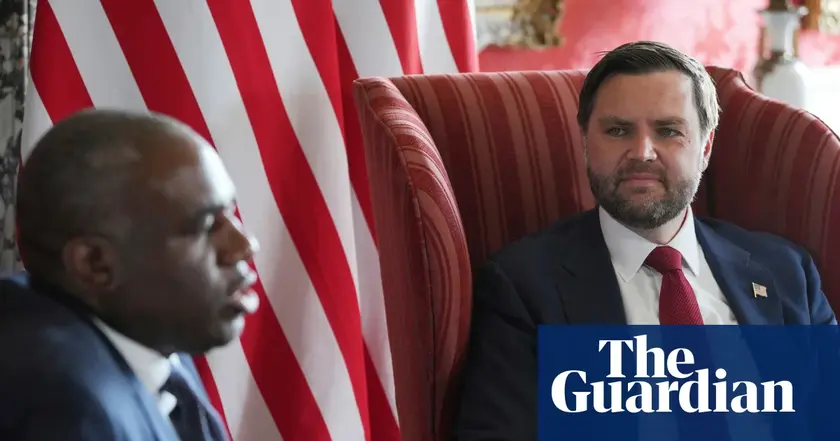
US UK Gaza policy fails to converge

Israel will annex parts of Gaza if no deal is reached with Hamas

Protests surge as Gaza City plan tests Israeli resolve
